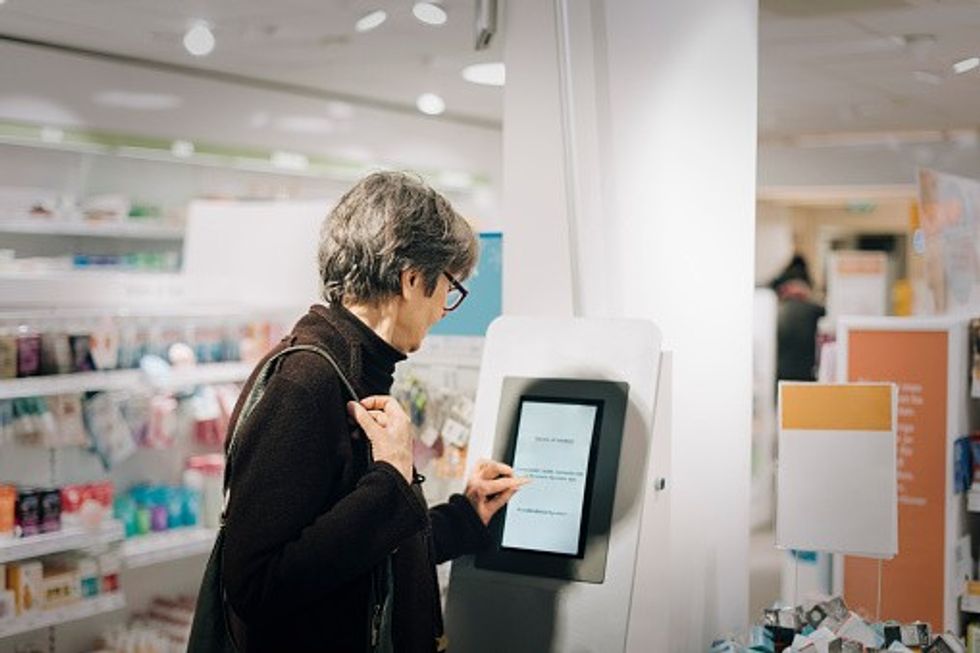Urology is a specialised branch of medicine that focuses on the health of the urinary system, which includes the kidneys, bladder, and urethra. It also covers the male reproductive system, with issues such as prostate health falling under its scope. A properly functional urinary system is essential for one’s overall health, as the organs that comprise it play a vital role in eliminating waste and balancing the body’s fluids. When problems occur in this area, they can affect not only your physical well-being but also your quality of life, so it’s in your best interest to stay alert to potential issues.
While urologic health problems can manifest in different ways, depending on the underlying condition, there are often clear signs that something is wrong. These symptoms may be caused by a range of issues, from infections and kidney stones to more serious conditions like cancer.
If you familiarise yourself with these symptoms ahead of experiencing any actual problems, you’ll know to seek medical help before the issue worsens or leads to more complex health complications. Let’s examine some of the most common signs that could indicate a major problem with your urological health:
1) Frequent Urination
It’s easy to dismiss your frequent trips to the bathroom as a minor inconvenience, but when the constant need to urinate starts interfering with your daily life or sleep, it may signal a deeper issue. Needing to urinate excessively during the night, known as nocturia, is particularly disruptive and can significantly affect your rest.
This symptom often points to conditions like an overactive bladder, a urinary tract infection (UTI), or even diabetes. If you find that frequent urination is becoming a regular occurrence, seek medical advice to rule out any serious underlying conditions.
2) Pain or Burning Sensations during Urination
Sharp stinging or discomfort when urinating could point to infection or irritation in the urinary tract. This type of pain often accompanies urinary tract infections or sexually transmitted infections, but it could also indicate the presence of kidney stones.
Don’t ignore this discomfort, as you risk the infection spreading and worsening by doing so. Consult your healthcare provider right away if you experience persistent pain or burning sensations when using the bathroom.
3) Blood in Urine (Haematuria)
Spotting blood in your urine is understandably alarming, and you should never brush it off as a minor issue. The blood may appear red, pink, or brown and can signal a range of conditions, from kidney stones and UTIs to more serious issues like bladder or kidney cancer. Even if the bleeding is painless and occurs only once, it’s still best to get yourself checked by a doctor as soon as possible to rule out any serious concerns.
4) Lower Back or Abdominal Pain
You might not immediately link pain in your lower back or abdomen with urologic issues, but these areas can be prominent sources of discomfort when something goes wrong in your urinary system. Pain in these regions is often associated with kidney problems, such as infections or kidney stones, which can cause sharp, intense pain or a dull ache. The pain may come and go, or it may be persistent, depending on the severity of the underlying issue.
5) Urinary Incontinence
Loss of control over your bladder can be both distressing and disruptive to everyday life. Urinary incontinence can range from occasional leaks when you laugh or cough to an overwhelming urge to urinate that’s difficult to control.
This condition can result from a weakened bladder, pelvic floor dysfunction, or nerve damage, and it can affect people of all ages. A timely medical evaluation can help you identify the underlying cause and explore treatment options.
6) Difficulty Urinating
Difficulties with urination can manifest in the form of weak streams or the uncomfortable sensation that your bladder hasn’t fully emptied. You may also find yourself struggling to start urinating even if you feel you need to.
These symptoms can indicate an enlarged prostate in males or blockage in the urinary tract—both being conditions that can obstruct urine flow. Contact your healthcare provider if you find that they persist over an extended period.
7) Cloudy or Foul-Smelling Urine
When urine changes in appearance or smell, it’s often an indication that something is off. Cloudy urine or an unusually strong, foul odour can be signs of a UTI or kidney issues.
Simple dehydration can sometimes cause darker urine, but cloudiness or an offensive smell that doesn’t resolve after hydrating could point to an infection or other health concerns. Pay close attention to the quality of your urine once you notice something is off, and don’t hesitate to visit your doctor if this symptom lingers.
When it comes to your urologic health, paying close attention to the signs your body gives you is one of the best things you can do for yourself. The earlier you detect any potential issues with your urinary system, the lower your chances of experiencing serious complications down the line. Your healthcare provider is your partner in maintaining your overall well-being, so don’t hold off consulting them the moment you notice anything abnormal.


















 A woman using kiosk at pharmacy store gettyimages
A woman using kiosk at pharmacy store gettyimages  Pharmacist examining commissioning machine in pharmacy gettyimages
Pharmacist examining commissioning machine in pharmacy gettyimages